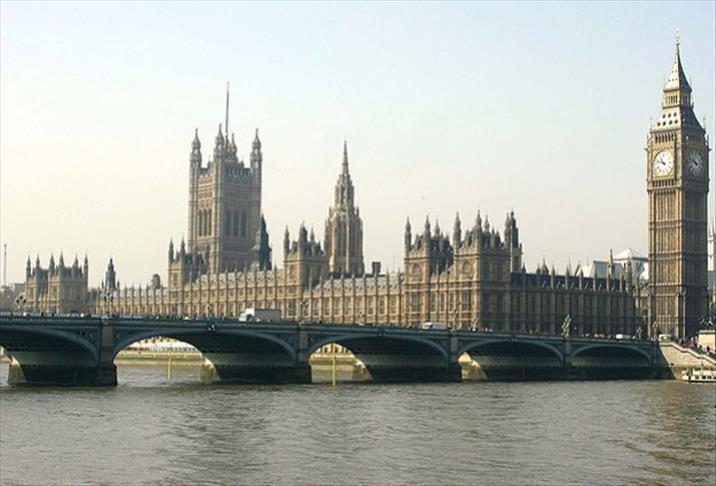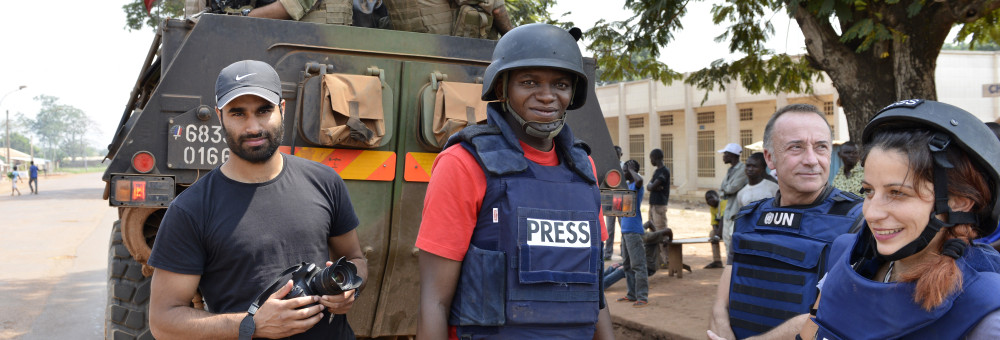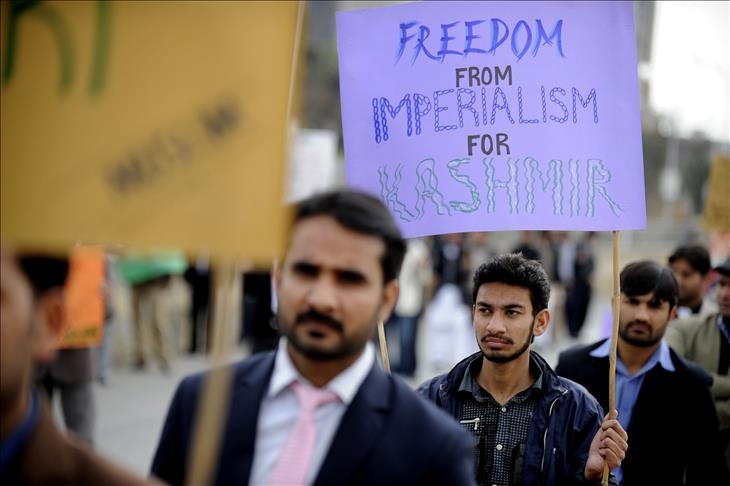Counter-terrorism report by MPs from UK’s main parties criticized for policy recommendations

LONDON
A counter-terrorism report produced on Friday by MPs from the U.K.’s three main political parties has been criticized for its recommendations on how to deal with U.K. nationals returning from Syria.
The proposals are similar to the de-radicalization programme Channel, which tries to “identify individuals at risk of being drawn into terrorism.” U.K. counter-terrorism policies have long been contentious, with many organizations claiming laws have eroded civil liberties and disproportionally targeted the Muslim community.
The report highlights powers used to withdraw passports and revoke citizenship from U.K. nationals returning from Syria and recommends greater oversight of the tool – including the Home secretary’s provision of a quarterly report on its use. It also stated that if someone is to be made stateless it should happen while they are not in the U.K.
Cage, an independent advocacy organisation helping victims of the so-called “war on terror”, said the power to remove citizenship was “a clear indication that concerns for due process and human rights have been jettisoned.” Asim Qureshi, research director at Cage called the power to remove passports “despotic.”
“These proposals are a sure sign that values this country once held dear are being eroded at an ever-quickening pace,” Qureshi said.
Counter-terrorism expert Rizwaan Sabir at the University of Bath, questioned how the police would decide which individuals would be mentored and which individuals would be prosecuted for fighting in Syria.
“Taking such a decision will be based on an arbitrary process as opposed to an assessment of the risk posed to the UK’s security and interests,” said Sabir. He also criticized Prevent, an existing programme for countering violent extremism. “It is largely discredited within large segments of the Muslim community and thus engagement with the programme, or any variant of it, is likely to be minimal.”
Sabir told AA that the policy of revoking citizenship is flawed because it denies an individual the possibility to reintegrate into the U.K., if they decide to return.
“The U.K. might therefore be creating a process whereby more individuals become disenchanted with the U.K. for the way they are treated and perceive the UK to be targeting those individuals who stand against dictators and despots,” he said. “This is therefore a counterproductive policy that has a significant potential to backfire.”
The Islamic Human Rights Commission also criticised the policy and said that the focus on the Muslim community is, “disproportionate, inconsistent and discriminatory.” The commission’s chair Massoud Shadjareh told AA: “The report misses the point, recent attacks against mosques in the UK, shows that Muslims are more likely to be victims of terrorism rather than participants in it.”
The policy was amended last year to make it easier for the Home Secretary to confiscate passports and has since been used 14 times – in contrast, the committee believes the policy was used only 16 times between 1947 and 1976.
“The number of Muslims fighting in Syria is probably no more or less than the number of Britons who fought in Libya to depose Muammar Gaddafi in 2011, during which time British politicians said little if anything about their alleged exposure to extremist ideology and military training,” the Islamic Human Rights Commission said.
Keith Vaz MP, Chairman of the Select Committee said it is “vital” to stop British citizens fighting in foreign conflicts. “Whether in classrooms, local community centres, or through the global reach of the internet and social media, a clear message needs to be sent to those at risk.”
The report does however suggest transferring powers from London’s Metropolitan Police to the National Crime Agency. Sabir said the move would be “a step in the right direction” because of the Metropolitan Police’s damaged reputation.
The report also said that weak oversight of intelligence agencies has damaged their credibility and recommended greater international cooperation in intercepting foreign fighters before they enter Syria and in countering international terrorism.
“Recent events involving Boko Haram, Al-Shabab and Al Qaeda show that the terrorist threat to the UK is as grave as at any point in the past thirteen years,” said Vaz. “The international community must act as one to tackle this global problem.”
The proposals have done little to assure Muslims that they are not being unduly targeted in the UK, Shadjareh said. “The continuing focus on Muslims in Britain as a terrorism threat forms part of a wider discourse of demonization based on racial, religious tropes. These tropes create disunity and division and also foster hatred against minority communities. This report only contributes to the material and policies demonising Muslims.”
Read the original article published in Anadolu Agency on 9 May 2014

